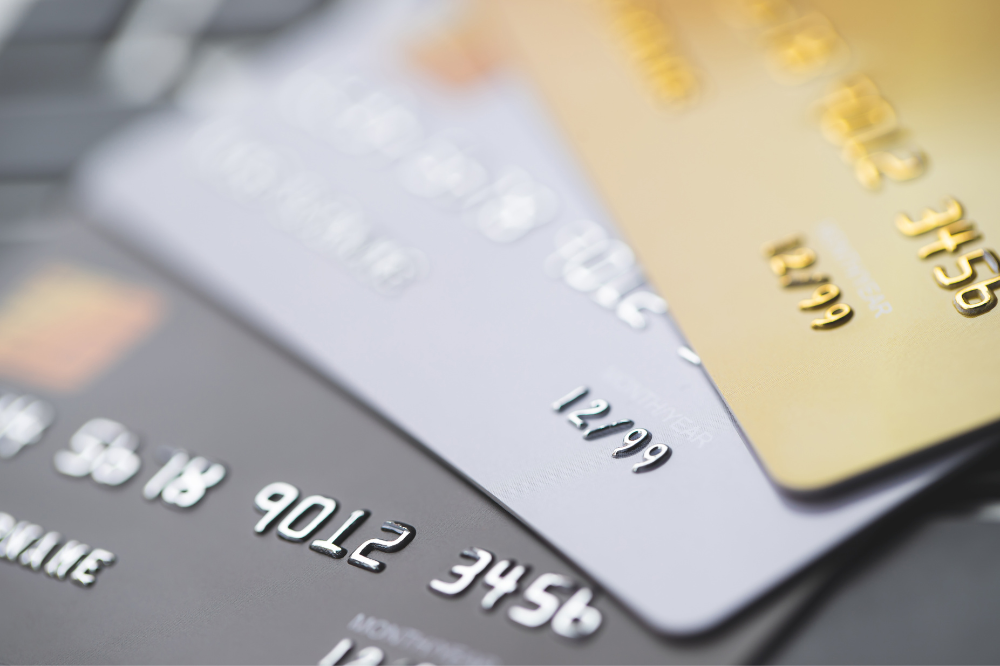A credit card refund is a very valuable consumer protection tool, but do you know how it works? Let’s find out!
Ever made a purchase with your credit card, only to regret it later? Bought a service you haven’t recieved? These are situations when a credit card refund might come in handy. It exists to help you recover your money in those kind of situations. But how does a credit card refund work? That is what we are going to talk about!
Let’t delve into this topic so you know what to do next time any of those things happen to you! Also, if you want to check out more financial tips on our website, you can click on this link!
How Do Credit Card Refunds Work?
A credit card refund occurs when a merchant reimburses you for a purchase you made with it. This is how it works:
- Initiate the Return: begin by contacting the merchant according to their return policy. This usually involves returning the physical item to a store or contacting customer service for a service refund.
- Provide Necessary Information: be prepared to present your receipt, credit card used for the purchase, and any other details the merchant requires.
- Refund Processing: once the merchant receives your return or processes your request, they will initiate the refund.
- The Merchant Initiates the Refund: unlike debit cards where the funds come directly from your account, credit card purchases involve a third party – your credit card issuer. When you return an item or request a refund for a service, the merchant initiates the process by sending the refund amount back to your issuer.
- Your Issuer Credits Your Account: once your issuer receives the refund from the merchant, they credit your account for the corresponding amount. This effectively “erases” the purchase from your statement balance.
Keep In Mind
- Credit Card Rewards: when you receive a credit card refund, any rewards you earned on that purchase (cash back, points, miles) might be deducted from your rewards balance.
- Chargebacks: if the merchant is unresponsive or unwilling to issue a refund, you can initiate a chargeback through your credit card issuer. This is a more formal dispute process with specific requirements and timeframes.
Tips
- Always Keep Receipts: this serves as proof of purchase and is crucial for initiating a return or refund request.
- Understand Return Policies: familiarize yourself with the store’s return policy before making a purchase. This includes details like return windows, required documentation, and restocking fees.
- Document Your Communication: if you have any phone conversations with customer service regarding your refund, keep a record of the date, time, and the name of the representative you spoke with.
- Act Promptly: don’t delay initiating a return or requesting a refund. Most stores have time limitations for returns.
- Know Your Rights: familiarize yourself with credit card dispute regulations issued by organizations like Fair Credit Billing Act. This empowers you to challenge unfair billing practices.
How Long Does It Take to Get a Credit Card Refund?
The time it takes can vary depending on several factors:
- Merchant Processing Time: the merchant has some discretion over how quickly they initiate the refund.
- Credit Card Issuer Processing: once the merchant sends the refund, your issuer needs to process it and credit your account. This typically takes a few days for in-store returns but might take longer for online orders that involve return shipping.
What Are The Different Types of Refunds?
There are different ways you might receive a refund, depending on the merchant’s policy:
- Statement Credit: this is the most common type of refund. The purchase amount is credited to your account, reducing your credit card statement balance.
- Store Credit: some stores may offer store credit instead of a direct refund to your card. This essentially gives you a voucher to use for future purchases at their store.
- Cash Refund: in some cases, particularly for in-store returns, you might receive a cash refund directly from the merchant.

